Mazda and Panasonic begin a new battery supply relationship.
Panasonic Energy Co., Ltd. and Mazda Motor Corporation have forged a new partnership to supply cylindrical automotive lithium-ion batteries. The two companies announced they have signed a supply agreement following discussions that began in June 2023 to build a medium- to long-term collaboration.
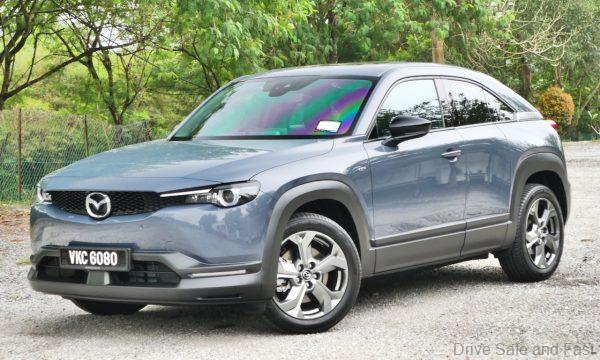
This lithium-ion battery supply deal strengthens the existing relationship between Panasonic and Mazda. It demonstrates their shared commitment to tackling pressing climate issues through sustainable business practices and innovative technologies.
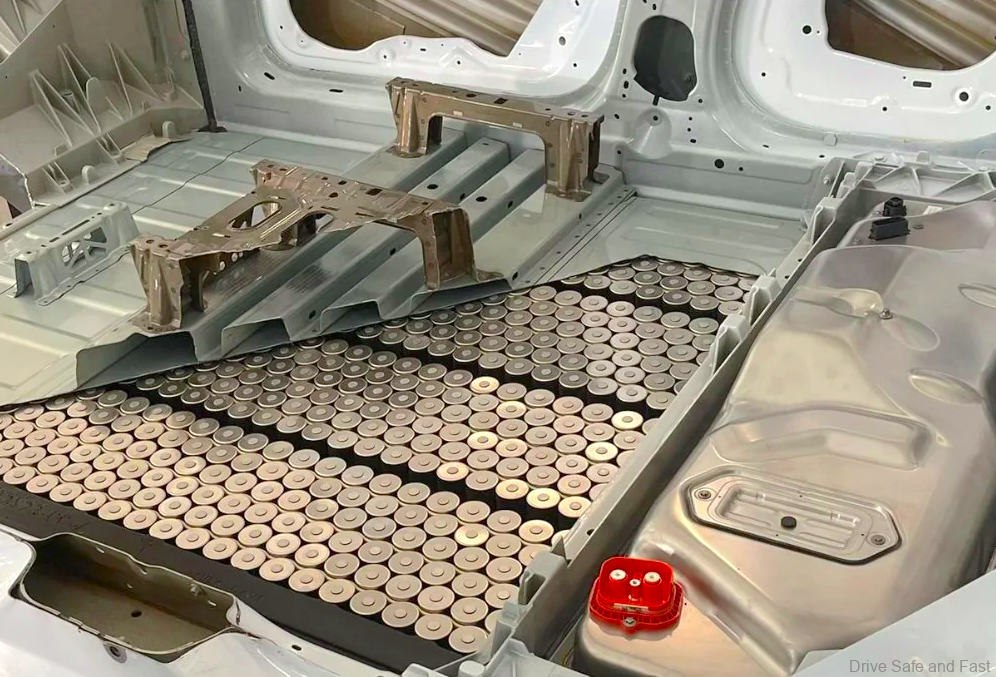
One of the primary objectives of the agreement is to mitigate global warming by supplying advanced lithium-ion batteries for Mazda’s increasingly electrified vehicle lineup. Lithium-ion batteries are a critical component for electric vehicles (EVs) and hybrid electric vehicles (HEVs) that produce zero direct emissions.
As environmental regulations tighten worldwide, automakers are rapidly expanding their EV and HEV offerings. Securing a steady supply of high-performance, low-cost lithium-ion batteries from an established manufacturer like Panasonic will be crucial for Mazda’s electrification strategy. The company currently offers the MX-30 as its only EV and it has had very slow sales due to the vehicle’s low range of below 200km. That being said, the MX-30 is also available with an innovative range-extender rotary engine.
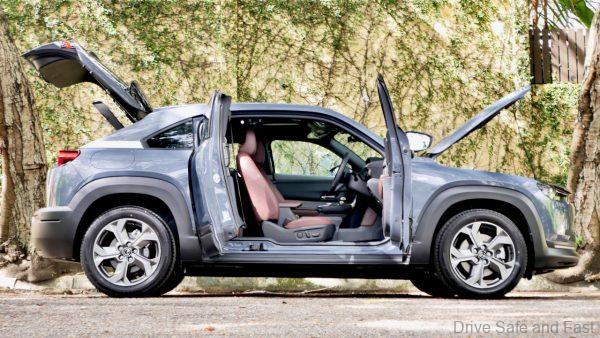
Sustainable Growth and Local Impact
Beyond environmental benefits, the Panasonic-Mazda partnership aims to promote sustainable growth within the automotive and battery sectors. It will support local employment opportunities and workforce development initiatives surrounding battery production.
Panasonic has extensive experience manufacturing cylindrical lithium-ion cells for applications like power tools and electric bicycles. Applying this expertise to automotive lithium-ion batteries enables Panasonic to grow its business sustainably in an expanding market segment.
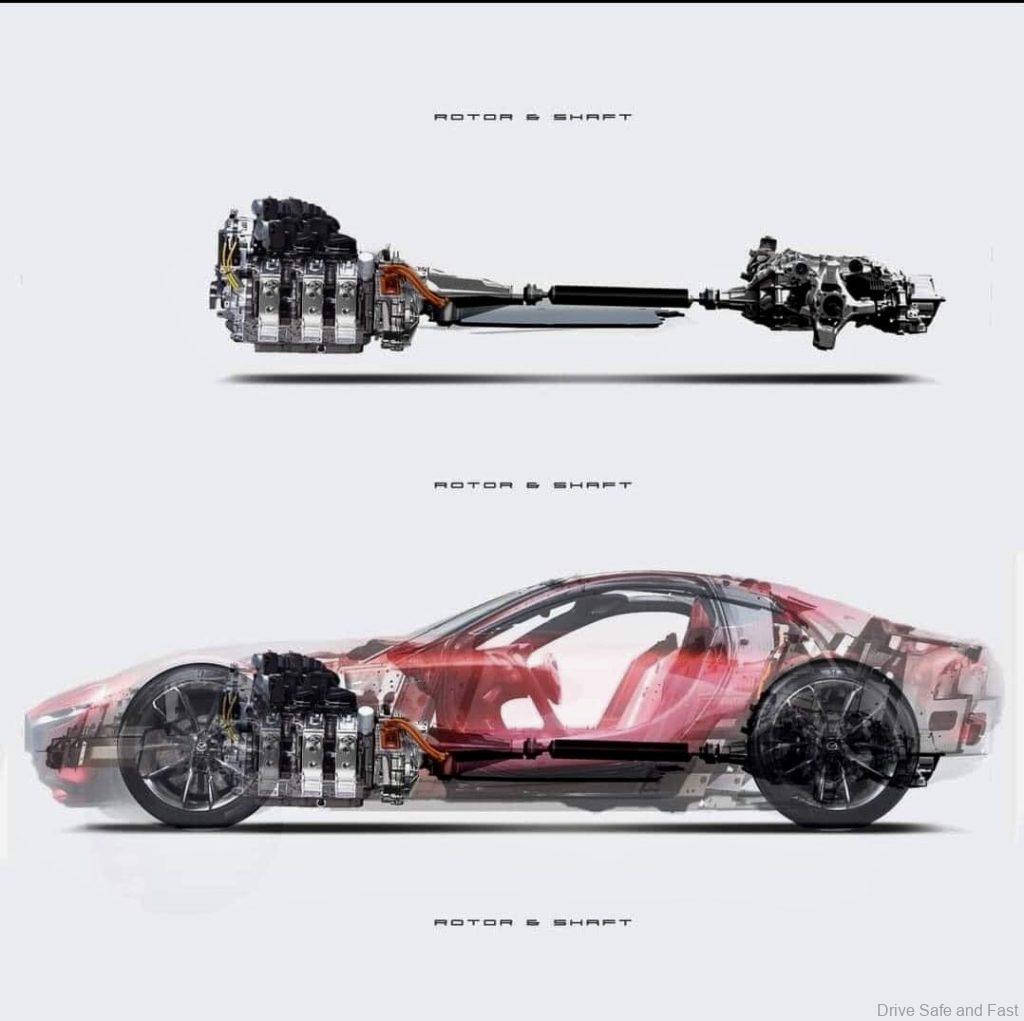
Mazda can leverage Panasonic’s lithium-ion battery capabilities to introduce more emission-free models without excessive upfront capital expenditure. This approach aligns with Mazda’s push for efficient, multi-solution sustainability efforts across its operations.
Long-Term Technology Collaboration
While specific details were not disclosed, the partnership suggests a long-term technology collaboration between the two Japanese companies. Continued research and development will likely focus on enhancing lithium-ion battery performance, safety, and sustainability.
Future innovation areas could include increasing energy density for longer range, reducing charging times, improving thermal management, and optimizing battery recycling and reuse.
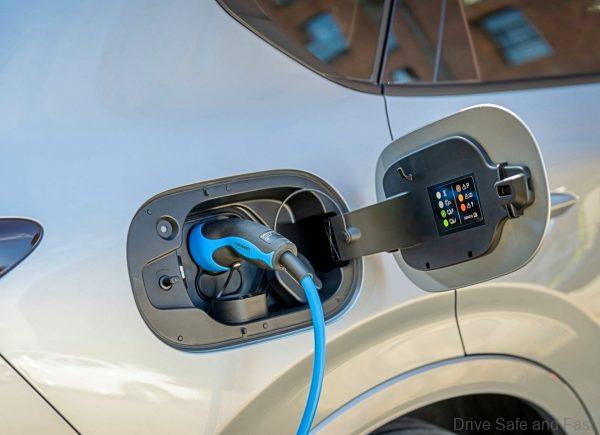
The overarching Panasonic-Mazda agreement represents a meeting of the minds towards environmental responsibility, sustainable mobility, and economic development. It establishes a framework for cooperative battery supply that can evolve into an even deeper strategic partnership over time.


